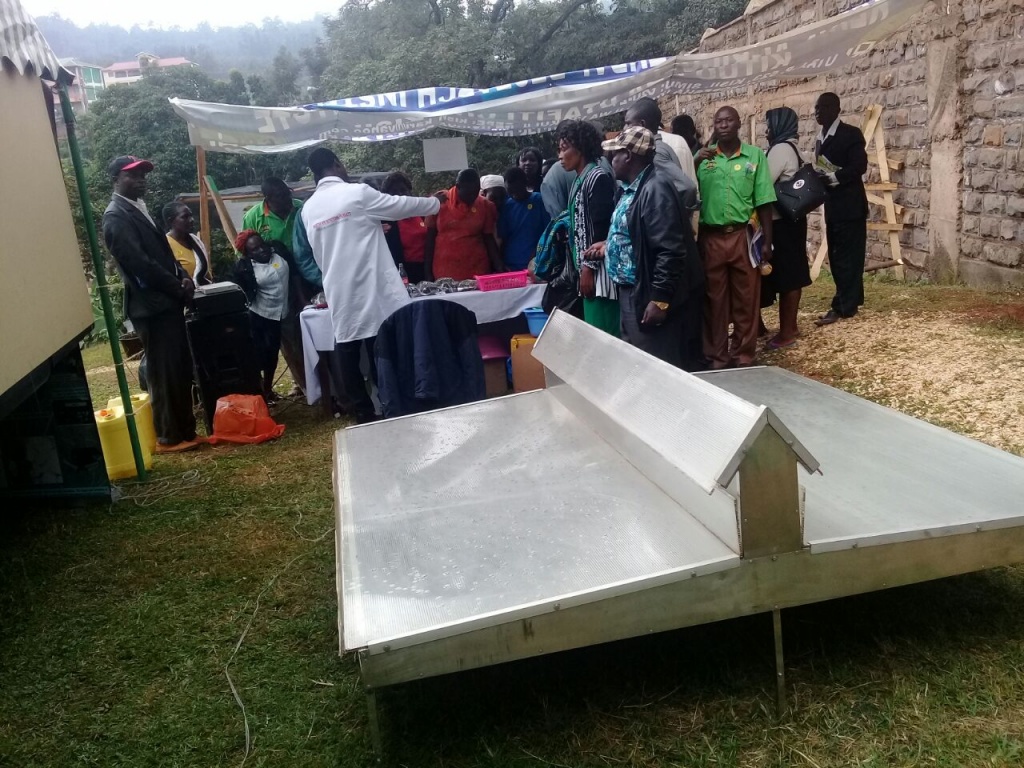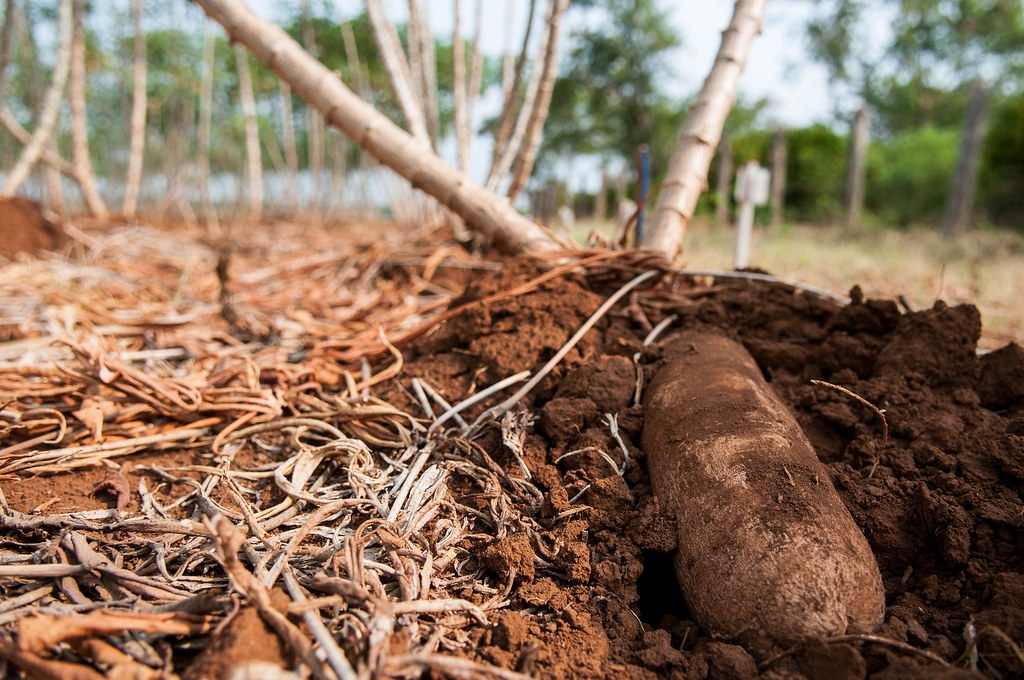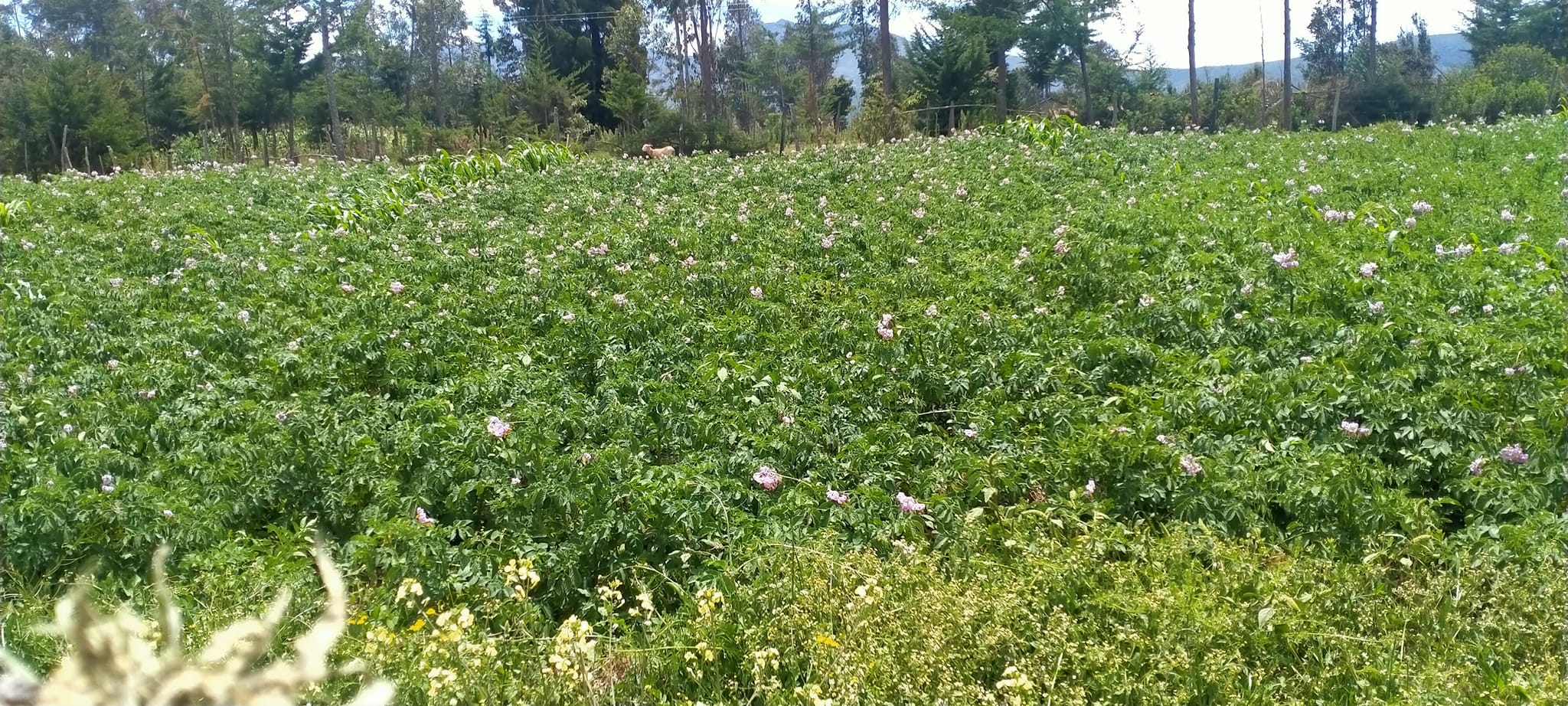
The inclusion of a solar drier into production has increased the shelf-life of vegetables from two days to more than eight months, allowing Kisii County farmer, Jared Otundo, sell his vegetables for longer and faraway.
Otundo says drying the black night shade and spider flower vegetables has helped him reduce rotting losses to zero.
“I am able to supply vegetables to my customers wherever they are any time. Dry vegetables can last for more than eight months when the moisture is reduced to less than five per cent,” Otundo said during the 2017 Kisii Agricultural Society of Kenya.
Related News: Drought made market for vegetable farmer
Related News: Supplier makes over Sh50,000 weekly as demand for vegetables surges
Related News: Pest predator saves farmers over 50 per cent vegetable losses
Unlike fresh vegetables that require disposal within two days, he can hold on until when the market fetches more. During rainy seasons, the oversupply of the vegetables lead to low prices. This is his time of accumulating and drying the two varieties and stocking.
Black night shade, commonly called manage that fetches between Sh200 and Sh300 when wet earns Otundo up to Sh700 when dry.
His main market is Eldoret, Kisumu, Kericho, Nakuru, Garissa, among other towns where he has customers who make orders.
The solar equipment has a special chamber for blowing away moisture. The vegetables lose the moisture, but the colour remains the same.
After packaging and sealing in labeled polythene bags, the cargo is less bulky for transporting.
“The managu looks less in quantity when packaged. But after dipping it in some warm water before cooking makes it regain its original fresh size,” he said.
Direct drying in the sun discolourises the leaves, besides denaturing the vitamins and other components that give the vegetables their special taste and aroma.
Otundo relies on irrigation for production in his two acre farm at Nyankongo.
With such a plan, the farmer says, it is easy to have a constant supply to the market, and therefore, reducing shortages during dry seasons.
Write comment (0 Comments)
















